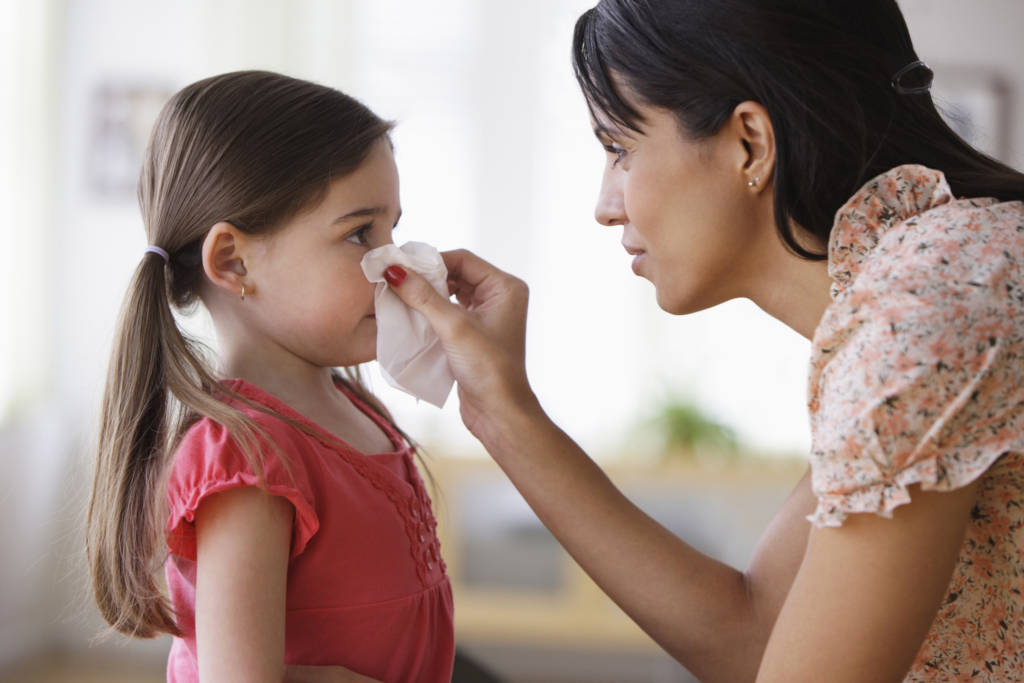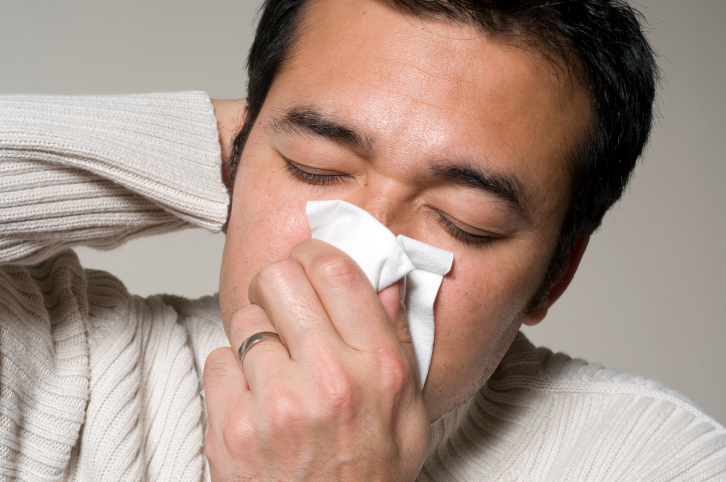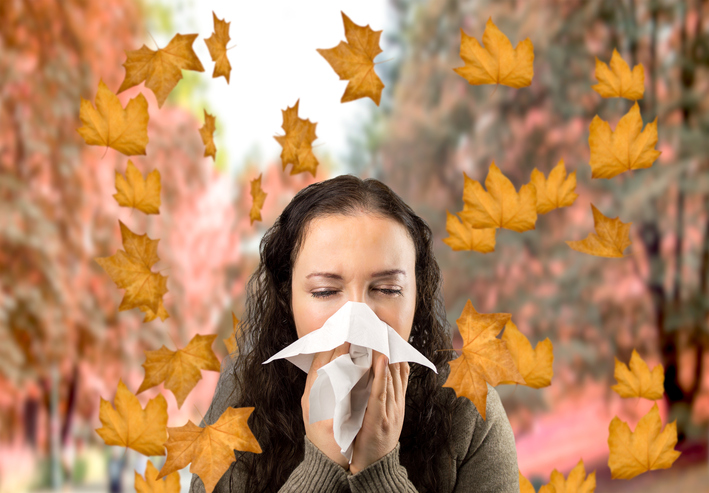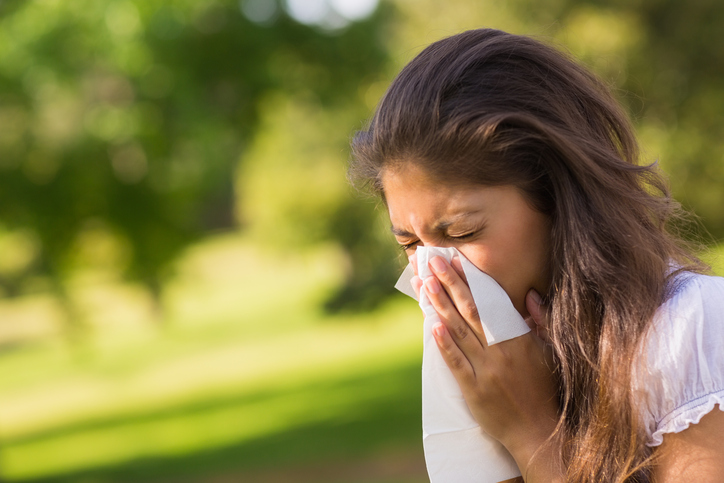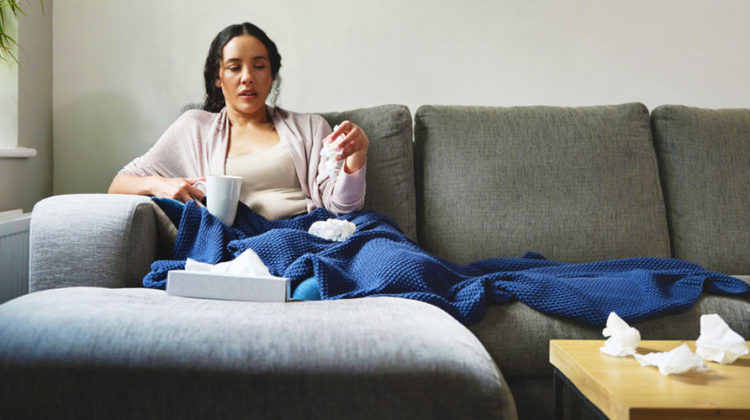
Allergies can cause chronic severe respiratory diseases, such as sinusitis and asthma. Humans can have an immune system reaction to certain types of substances, which are called allergens. These allergens can be pollen, mold, dust, or food. We can go into shock and die in the most extreme cases.
Mild symptoms are limited to a specific area and do not spread to other body parts. Symptoms may include itching, watery eyes, uncontrollable sneezing, or swelling in the affected area. Moderate symptoms may include numbness, involuntary bowel movements, or difficulty breathing.
A severe allergic reaction is called “anaphylaxis,” and it starts with itching that worsens and leads to pain in the abdomen, vomiting, dizziness, skin changes, hearing loss, and more. Anaphylaxis also causes a sudden drop in blood pressure.
No one knows why someone has an allergy. Some studies claim that allergy is hereditary or familial. Others say it is something that develops over time and goes away. But one thing is sure: there are factors in the environment that cause the body to develop allergy symptoms.
Tree pollen is the most common allergen, and it is airborne. Molds are the second most common allergen by contact with the skin. Water tends to collect in molds that are common in damp basements and shower curtains. It is also found in decaying logs, hay, moss, and weeds. Symptoms from molds get worse in wet, rainy weather.
Animal dander is another type of allergen. These are proteins in the skin, saliva, and urine of furry pets, such as cats and dogs. Everyone can develop allergy symptoms when handling an animal or coming into contact with house dust-containing dander. Other allergens, like dust, bedding, mattresses, carpets, and upholstered furniture, are found in homes.
Unless you live on Mars or Venus, it is virtually impossible to avoid allergens. The first step in combating allergy symptoms is always maintaining cleanliness. It is advisable to take a shower before bed to eliminate allergens. The amount of mold should be reduced by cleaning the home frequently. For an airborne allergen such as pollen, animal dander, or mold, medications such as a nasal spray, decongestants, or antihistamines are usually sufficient to relieve symptoms.

